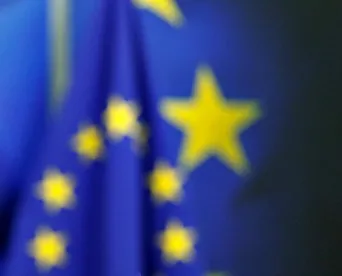The European Court of Human Rights (“ECHR”) decided on 28 June 2018 that the right to request the erasure of personal data on prior convictions, may be trumped by the right to freedom of expression and information. The court confirmed prior case law deciding that the public’s legitimate right of access to electronic press archives is protected by the fundamental right of freedom of expression and information and that limitations to this right must be justified by particularly compelling reasons.
Facts of the case
The case concerns two German nationals (ML and WW) who were sentenced to life imprisonment back in 1993 for murdering a popular actor. ML and WW disputed their conviction and filed several unsuccessful applications for a revision of the procedure and reached out to the press for support.
After being released on probation in 2007 and 2008 respectively, ML and WW initiated three proceedings against different media outlets asking that their names (and individualizing information) be erased from articles published between 1992 and 2000. ML and WW argued that due to passage of time, their right to privacy outweighed the interest of the public to be informed about the proceedings. ML and WW also claimed that the articles jeopardized their social reintegration.
Decision
The ECHR decided that the general public not only has a right to be informed about current events but also has a right to research past events. The court emphasized the benefits of the Internet in allowing the public to access that information and concluded that the media’s mission in helping to shape public opinion includes the duty to give the general public access to old information kept in their archives.
In respect of the possible anonymization of the relevant articles (i.e., deletion of the names and individualizing facts), the ECHR recognized that this would present a less intrusive interference to the right to freedom of expression and information. However, providing names and individualizing information is an important part of the press’ work and increases the credibility to the contributions. On this basis, the court held that the availability of the articles was still contributing to a debate of general interest which the passage of time (in this case nearly 20 years) had not caused to disappear.
The objective and factual nature of the news articles, the fact that ML and WW had previously sought the press’ attention, the high-profile nature of the murder and the limited dissemination of the articles (they were only accessible on the internet if someone actually searched for them), were additional factors that the court took into account in its decision.
Finally, the court noted that ML and WW did not ask search engines to remove the stories from search results to make the information less accessible, implying that this would be a less intrusive measure and possibly more acceptable.




 />i
/>i

